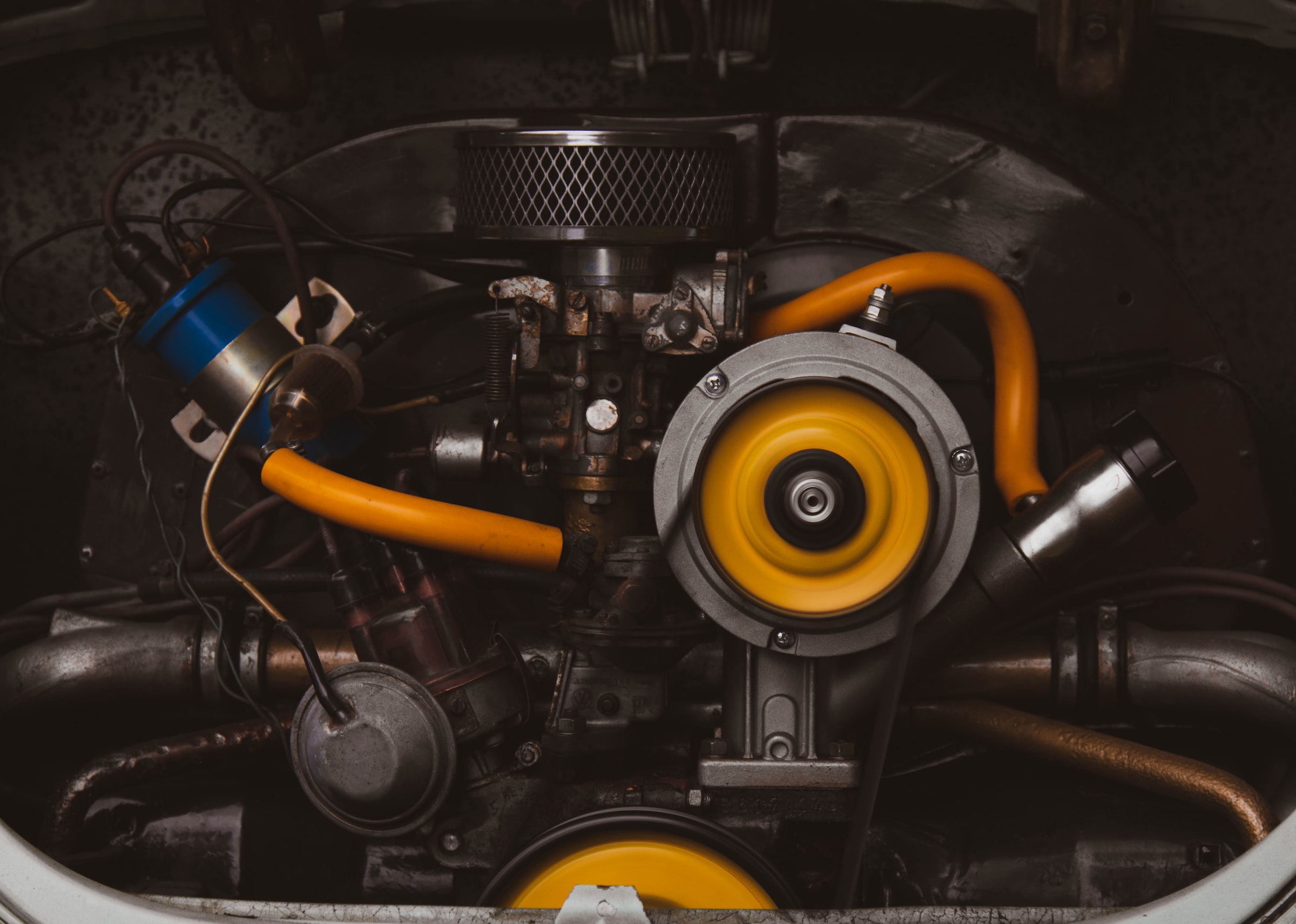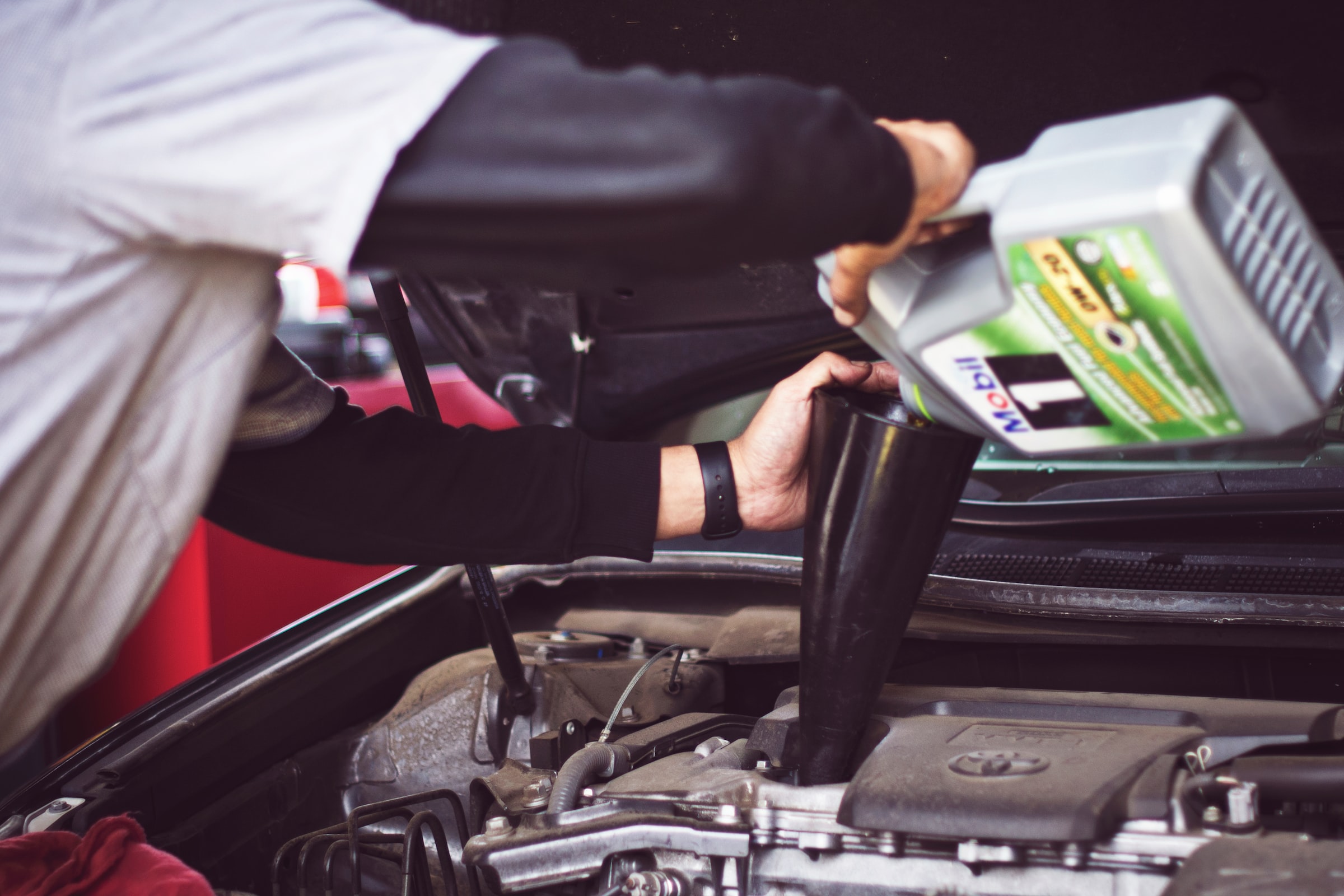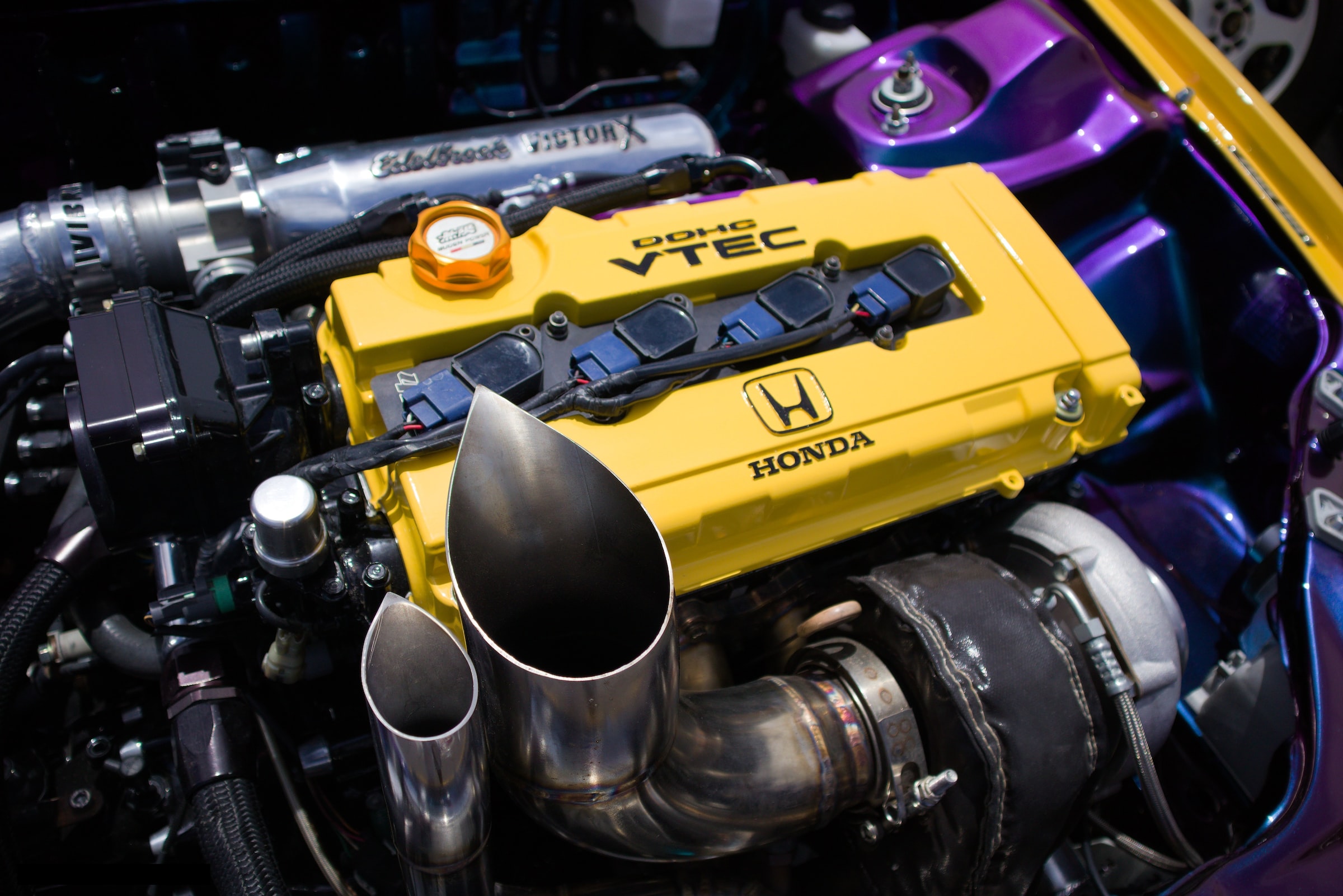Are you having problems with your car leaking oil?

source: unsplash.com
Engine leaks are one of the most common car problems and they can cause serious damage to your vehicle. You might pull out of your driveway one day and suddenly notice a large pool of oil underneath your car!
So what do you do? Before you panic about a big repair bill from your mechanic’s office, know that you can actually repair an oil leak yourself.
In this guide, we’ll talk you through how easy it is to fix an oil leak yourself and some of the ways that you can keep the problem from happening again.
How to keep your engine healthy
Before we dive into how to fix a leaking engine, we need to talk about prevention. One of the best ways that you can stop this problem from happening again is to check your oil regularly and get it professionally changed.
By having your oil professionally changed, the oil change experts at Valvoline Oil Change can check for damage before it develops into a leak. Old or dirty oil that is filled with debris is also more likely to damage your engine and lead to leaks.
Inspect a car with Valvoline Oil coupon and you could save up to 20% on your next oil change! You don’t even have to get out of your car while their car care experts get to work.
The dangers of oil spills

source: unsplash.com
Engine oil spills are very serious. Not only can they damage your vehicle, but they can even ruin the environment around it. If you notice an oil leak, you need to get it taken care of right away.
Some of the dangers of an engine oil spill include:
- Oil is easily flammable making oil spills a dangerous hazard. Starting your car can cause this oil to ignite, risking your safety and the safety of your passengers.
- Oil leaks are bad for your engine along with your car’s radiator and HVAC system.
- Oil spills are bad for the environment. Oil can leak into a storm drain where it can reach and harm our lakes, rivers and oceans.
- Your engine leaking oil is even bad for your health
What causes oil leaks?
Most oil leaks are caused by 4 common problems:
- A degraded engine gasket can lead to an oil leak
- When your oil pan gasket leaks, it can eventually cause the engine to start leaking too
- Excess oil can cause it to overflow and leak out
- A failing filler cap that is loose or broken can lead to an engine leaking
How to find an Oil Leak

source: unsplash.com
The first indicator that your oil may be leaking is if your engine oil is low. Use the dipstick to measure your engine’s oil levels to help you spot any leaks.
If your engine’s oil is low, you’ll have to crawl under your vehicle to determine the location of the leak.
You will also need to check if your vehicle emits blue smoke while the engine is running. This usually means that oil is leaking into the engine itself. While the engine is on, check for a burning smell too.
If you notice any of these indicators, then it is likely that your engine is leaking oil.
How to fix an oil leak
There are two main ways to fix an oil leak:
- By using an additive: this is the easiest way to fix the leak. You’ll need to use a stop leak additive to soften and condition your car’s rubber seals and stop the leak. It may take a few hundred miles before the leak is fully fixed.
- By using tools: first, you’ll need to jack up your car so that you can safely access the oil pan. Check for loose bolts and tighten them. After tightening all the bolts on the oil pan, be sure to check the timing belt cover and the valve covers too. Check your owners manual for more information.



